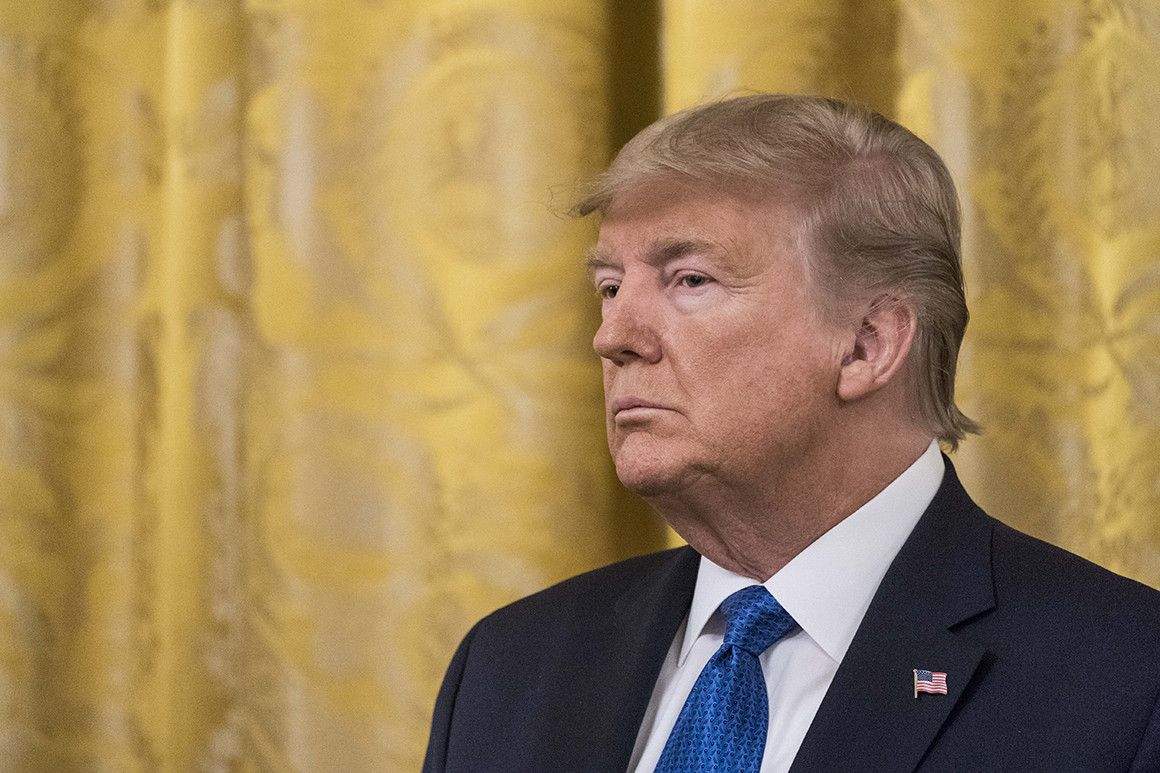Trump administration expands travel ban to include 6 more countries

A few minutes every morning is all you need.
Stay up to date on the world's Headlines and Human Stories. It's fun, it's factual, it's fluff-free.
On Friday, January 31, the Trump Administration added 6 more countries to its list of places who face restricted travel access to the United States.
The new additions are mostly African nations, but also include Middle Eastern and Asian countries. Specifically, officials said immigrants from Kyrgyzstan, Myanmar, Eritrea, Nigeria, Sudan and Tanzania would be affected.
Only certain types of travel would be restricted from these countries. Citizens of Myanmar, Eritrea, Kyrgyzstan and Nigeria won’t be allowed to seek immigrant visas, although other types of visas will be allowed. In Sudan and Tanzania only green card lotteries will be restricted.
The restrictions go into effect on February 22, 2020.
Ban expansion
In 2017, the Trump Administration released its first travel ban. The countries included were Iraq, Syria, Iran, Sudan, Libya, Somalia and Yemen. North Korea and Venezuela were also added.
The first ban was different from the most recent expansion as it was an outright ban, meaning all travel from those countries was prohibited. That ban was intended to deter “national security threats” from entering the United States and was met with fierce criticism.
In June 2018, the US Supreme Court ruled in favor of the Administration. In a 5 to 4 vote, the court concluded that the President had the authority to make national security decisions pertaining to immigration.
Officials said that previous countries on the list would remain banned in light of the new order. There has, however, been movement before on the status of banned countries.
Chad, a country in western Africa, was added to the list in 2017, and Iraq was removed. In 2018, Chad was removed as well. The Administration cited improved security measures as the reason for the reversals.
Accusations of racism
In response to the expansion, many Democrats derided the plan as severely misguided.
According to Nancy Pelosi, the US Speaker of the House, the expansion of the travel ban is “un-American and a threat to our security, values and rule of law.”
“Barring more than 350 million people from predominantly African countries from traveling to the US, this rule is discrimination disguised as policy,” she tweeted.
Others characterize the restrictions as a “Muslim ban” since many of the countries have large Muslim populations, although Myanmar is majority Buddhist and about half of Nigeria’s population is Christian.
In tweets, Democratic presidential hopefuls Elizabeth Warren and Joe Biden both called for an end to the ban, with Warren advocating for the government to pass a “No Ban Act” in Congress to reverse the orders.
[article_ad]




Comments ()